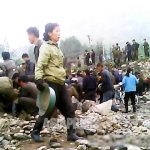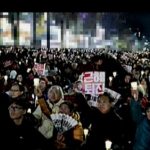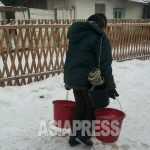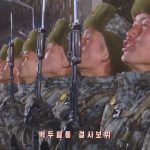2014/April/29
Written by PAEK Chang-ryong, a defector reporter
The launching of the 12 years compulsory education system seems like a step in the right direction, but it has left parents in some regions of North Korea far from pleased.
The North Korean state implemented a new educational system beginning April 1. The new system extends the number of years a student must attend school from eleven to twelve years. It was determined at the 6th session of the 12th Supreme People's Assembly, held last September.
State authorities announced this reform as, "a vital measure which is a compilation of Comrade Kim Jong-un's sublime perspective for the fatherland, posterity and future," and repeatedly propagandized the reform in the state-run media. Parents, who might be expected to welcome such a decision, seem at best lukewarm to the idea. Suffering from ongoing budget troubles, schools frequently ask for financial support from parents. Despite the new reform, demands from the schools for extra financial support from the parents of students have not ceased. Before the new semester even began, in April this year, the school administration was asking parents for money on every count.
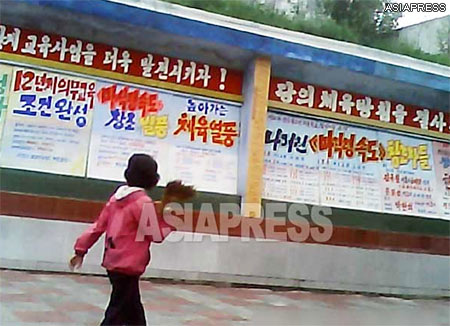
ASIAPRESS North Korea Reporting Team twice carried out phone interviews, on March 6 and 26, with our North Korean reporting partner, living in a northern border town. Our reporting partner explained the following, regarding the new compulsory education system reform:
"The school administration currently holds frequent meetings with parents to facilitate the smooth implementation of the new system. However, parents are getting annoyed with unreasonable demands. The administration asks parents for financial support, as they claim it is necessary to buy an LCD television and a computer in accordance with the new system. Teachers stretch the truth, claiming that these are the minimum necessities required for the classroom, and if they can't get this equipment, children won't be provided with the right kind of environment for their study. Other purchasing requests on their list include a magnetic blackboard and a solar-panel for generating energy, since they say the school is suffering from a chronic power supply shortage."
Our reporting partner explained the amount that the school administration demanded from the parents.
"In our region, with the implementation of the new system it is required that parents pay 40,000won (=around 5.30 US dollars) per pupil. The administration collects the money from students in each class. If you have two kids, 80,000won is required. Before the start of the new semester, the school pressured pupils to bring the money. The effect of this, in some regions, has been to force many parents to keep their children at home, rather than sending them to school."
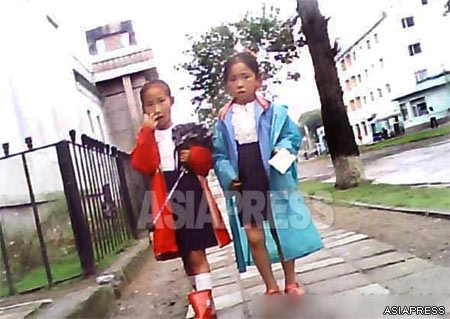
The funding requisition of 40,000won is a stretch for parents, as the market cost of a 1kg bag of rice costs arond 6,000 - 7,000won. For families living in rural areas, this burden is likely to be even harder to bear.
The state does not fully support rural education institutions and, as such, they constantly suffer from a lack of finances, facilities and equipment. In response to the ongoing dearth of necessities, local school administrations attempt to generate the funds themselves, mainly by shifting the financial burden from the state to the parents of students. It has, for a long time, been a common feature of North Korean society that families residing in the same neighborhood would help each other by passing on used textbooks and stationery in an effort to continue their children's school life. Extra demands, such as those we see following the implementation of the new education system, however, are beyond the means of many rural families. In addition to the growing financial demands of the schools, the educational administration continues to require parents and pupils participate in compulsory social labor activities.
Kim Il-sung expressed that "the child is king", carrying the hopes of society and the country, and attempted to create a free education system. The state has long proclaimed this system as a sign of "the superiority of our country's prominent socialist system," is it clear that this system is now nominal, at best. While Kim Jong-un' administration allocates a tremendous amount of the budget for the military, including the nuclear development program, many North Korean parents struggle under the extra burden as they are compelled to cover the school expenses.
***Rimjin-gang
--------------------------------------------------------------------------------------------------
[NOTE] The previous system of eleven years compulsory education was decided on at the 4th session of the 5th central congress of Korean Workers' Party in July, 1972, and implemented in 1975. The new system of twelve years compulsory education prolongs the four-year elementary education to five years.
--------------------------------------------------------------------------------------------------

* Editor's notes on North Korean reporters
ALL REPORTS >>>
ARCHIVE(pdf) >>

